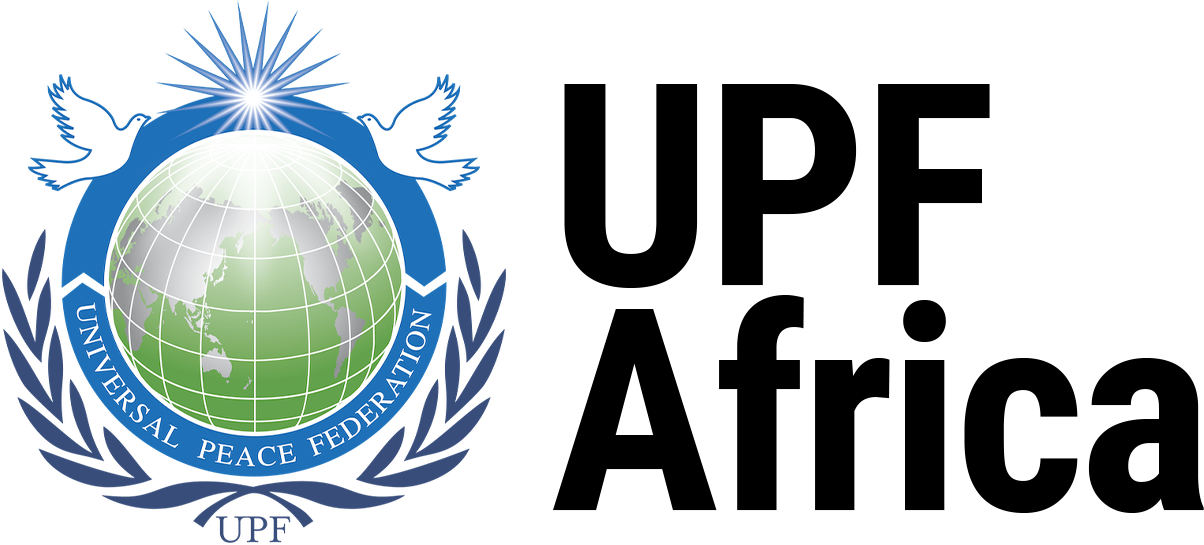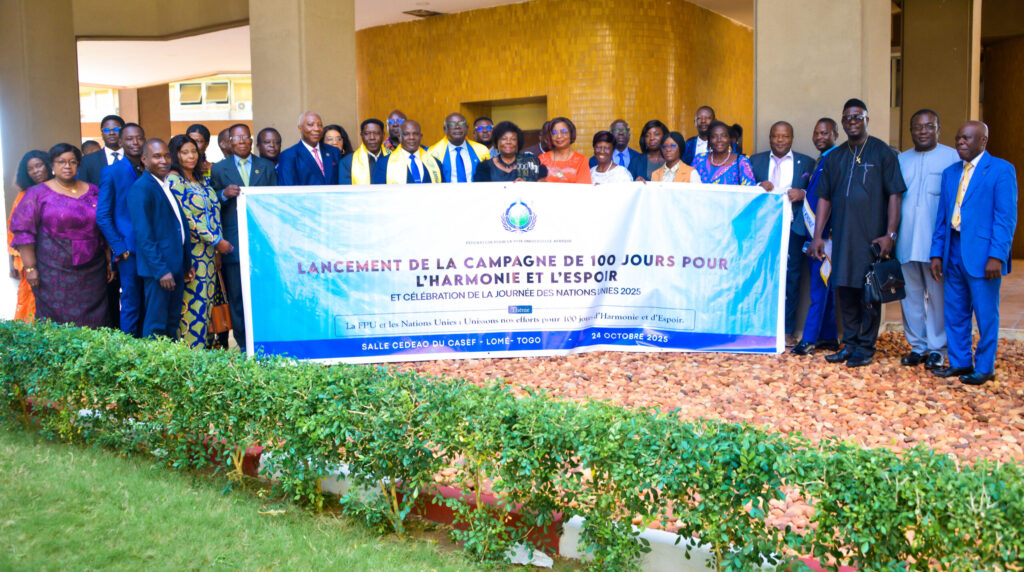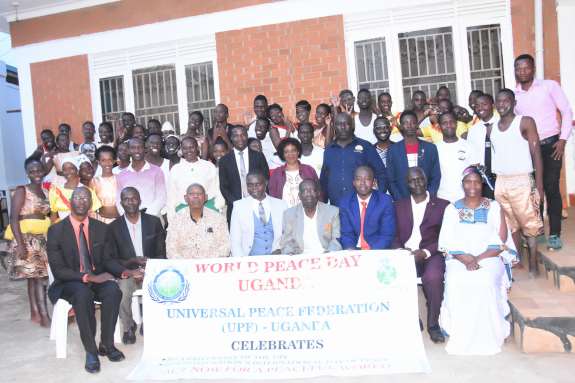Second Parliamentary Seminar at the National Assembly of São Tomé and Príncipe
By UPF Africa
Written by UPF-Africa
Wednesday, August 13, 2025
São Tomé and Príncipe – On August 1, 2025, the plenary hall of the National Assembly of the Democratic Republic of São Tomé and Príncipe hosted a major event: the Parliamentary Seminar on the theme “Smart Technology, Democracy, and the Culture of Peace: Challenges, New Perspectives, and Responsibilities of Parliamentarians”.
Held under the High Patronage of Her Excellency Celmira Sacramento, President of the National Assembly, the gathering brought together around thirty parliamentarians, experts, and civil society actors in a spirit of collective reflection on the impact of technological innovations—particularly Artificial Intelligence—on democracy and social peace.
A Joint Initiative for a Common Goal
The seminar was jointly organized by the National Assembly, the Universal Peace Federation (UPF), and the International Association of Parliamentarians for Peace (IAPP) – Africa. Its objective was to examine the ethical, democratic, and societal issues linked to digital transformation, while exploring concrete solutions to strengthen the culture of peace in parliamentary governance.
Alongside the President, the full Bureau of the National Assembly was present, including Hon. Abnildo do Nascimento d’Oliveira, First Vice President, and Hon. Arlindo Barbosa Semedo, Second Vice President, who also served as moderator for the question-and-answer session between the two main presentations.
A Visionary Opening Address
As keynote speaker, Dr. Paterne Zinsou, Secretary-General of UPF Africa and Continental Coordinator of IAPP, opened the proceedings with a presentation on the sub-theme:
“Smart Technology, Democracy, and the Culture of Peace: Challenges, New Perspectives, and Legislative and Civic Responses.”
Rich in content and innovative perspectives, his address held the audience’s attention and generated numerous positive reactions. From the misuse of smart technology and its consequences, to the Culture of Peace, and the ideal of democracy, participants expressed appreciation for the depth of the presentation.
Several speakers commended the thoroughness of Dr. Zinsou’s analysis and expressed the wish for such training to be held more frequently, enabling legislators to draw inspiration from the ethical and moral vision promoted by UPF in redefining the role of national representation in the service of lasting peace. From the democratic ideal to the concept of “Godism,” this first communication offered revelations and conclusions that left a strong impression. The need to promote a Culture of Peace within Parliament and by Parliamentarians also received unanimous support.
Addressing the Crucial Question of Sustainable Solutions
The equally anticipated second presentation addressed the question:
“What Sustainable Solution to Digital and Societal Challenges: Responsibilities of Parliamentarians?”
This address highlighted the vital role of lawmakers in regulating risks linked to the digital realm—such as the digital divide, hate speech, and disinformation—through the adoption of appropriate laws and public policies.
However, Dr. Zinsou emphasized that neither laws, nor technologies, nor institutional reforms can bring about true peace without an inner transformation of the human heart. He stressed that only the restoration of true and purified love in the human heart will ensure that digital tools are used for unity rather than division.
This message was reinforced with inspiring quotations from the Founders of UPF, particularly Dr. Hak Ja Han Moon, the Mother of Peace, underscoring the importance of education in universal values, interdependence, and mutual prosperity.
Seven Recommendations to Guide Parliamentary Action
The seminar’s deliberations resulted in seven key recommendations to strengthen the ethical and unifying role of Parliament:
- Place the role of parliamentarians within a moral and parental dimension.
- Strengthen cooperation with UPF and IAPP for ethical national representation.
- Reconcile laws with universal values.
- Promote the family as the fundamental school of love and peace.
- Establish participatory governance and institutionalize the IAPP network within Parliament, in cooperation with former parliamentarians.
- Adopt a long-term vision to build a united and peaceful nation.
- Make the Culture of Peace and True Love the driving force of the parliamentary mandate.
Towards a Parliament as a School of Peace
The seminar concluded with a passionate appeal: the destiny of a nation rests not only on its natural resources, but on the vision, wisdom, and virtue of its leaders.
Each parliamentarian is called to view their mandate as a sacred mission—to build a just, prosperous, and peaceful nation for future generations. Like the family, Parliament is called to become a true school of peace and national unity, working in concert with UPF and IAPP, placing peace education and family values at the heart of public policies, and consolidating parliamentary networks for unity and shared prosperity.





